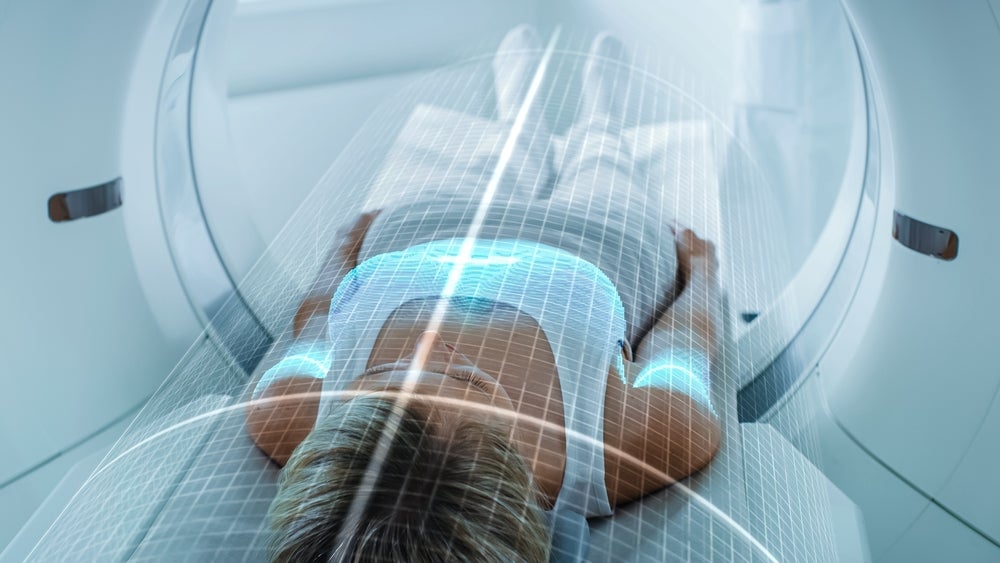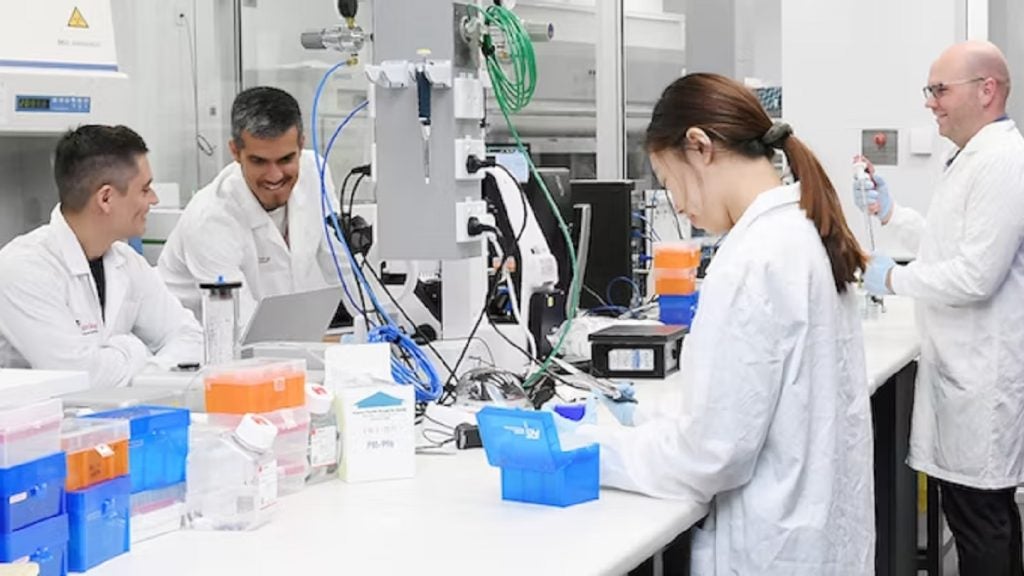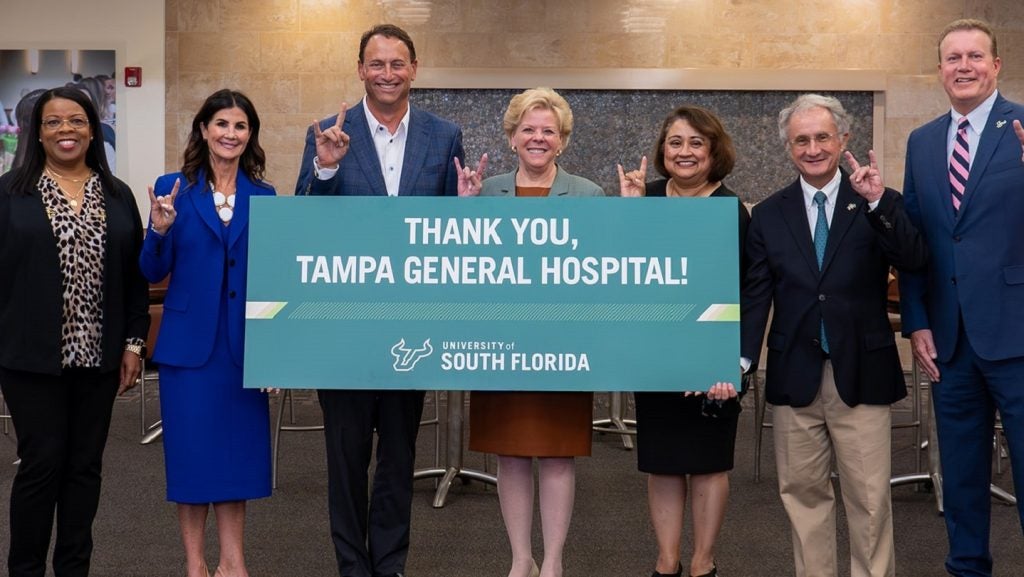The UK’s National Health Service (NHS) is calling for views on how the organisation can use patient data, as part of a series of events set to start next year.
Running until March 2025, the series of events will consult the public and stakeholders on how the NHS will continue to handle the personal data of its users, backed by a £2 million fund.
It comes ahead of the NHS’ plans to implement a Federated Data Platform, software that joins up existing NHS data, in hopes that it will speed up patient diagnosis and reduce hospital waiting times.
Dr Vin Diwakar, National Director of Transformation at NHS England, said: “Better use of data brings huge benefits for patients, ensuring more joined-up care and better use of NHS resources, and leading to faster cancer diagnosis, shorter wait times for elective operations and reduced stays in hospital.
“Public support is integral to how we better use data to improve care – and the best way to do this is through effective and meaningful engagement. Over the course of next year, we will continue to highlight how data is used across the health and care system and it is vital that we involve the public in shaping future data use and how it can save lives.”
The move comes as part of the UK government’s Data Saves Lives Strategy, a post-Covid-19 measure implemented by the government to ensure the sharing of medical and viral data between all departments of the NHS.
The drive for data reform comes shortly after an NHS hospital in Newcastle lost 2,400 documents in their electronic patient records following a computer glitch.
Rachel Power, Chief Executive of the Patients Association, said: “Many patients are passionately interested in how their data are used and how they are safeguarded. Our new report on a possible data pact between the NHS and patients shows patients recognise the potential for data use to improve care.
“But it also highlighted how sceptical many patients are. The Patients Association supports a transparent and genuine public engagement programme on how patient data are used. We’d encourage all patients to get involved.”
















